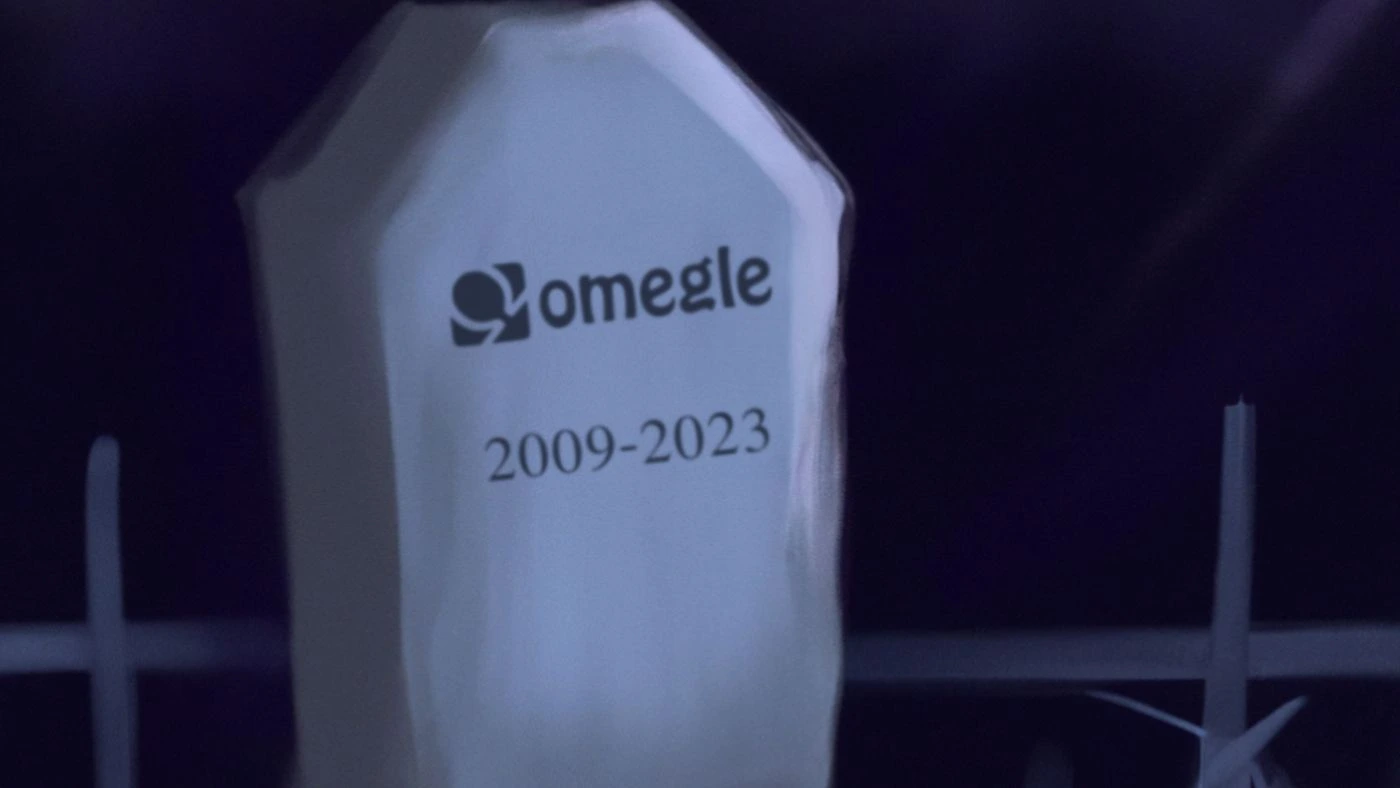The long-standing anonymous service that facilitated random connections between strangers is coming to an end after a remarkable 14-year run, driven by the tightening grip of online safety regulations. The decision to shutter the platform comes with a candid admission from its creator about the unfortunate misuse of the service for “unspeakably heinous crimes.”Omegle
In a heartfelt statement, the founder, expressing gratitude, stated, “There can be no honest accounting of Omegle without acknowledging that some people misused it, including to commit unspeakably heinous crimes.” The acknowledgment of these dark incidents played a significant role in the platform’s ultimate closure.
Despite the challenges and the shadow cast by misuse, the founder expressed deep appreciation for those who utilized Omegle for positive and constructive purposes. The decision to bring down the curtain on this chapter was not made lightly, with the founder expressing regret about being unable to continue the fight for those who engaged with the platform in a positive light.
In essence, the closure marks the end of an era for Omegle, a platform that once thrived on the spontaneity of anonymous connections but is now bowing out amidst a changing landscape of digital safety regulations.
What is Omagle?
Omegle, conceived by its creator Mr. Brooks in 2009 at the age of 18, was a platform designed to encapsulate the concept of “meeting new people” in its purest form. With users enjoying default anonymity, the website attracted approximately 73 million monthly visitors, primarily from India, the US, the UK, Mexico, and Australia. For many, especially teenagers, engaging in live video chats with strangers on Omegle became a notable internet rite of passage, where the unexpected was the norm.
Despite its popularity, Omegle was not without controversy. Its closure prompted a flood of social media posts, with users reminiscing about the site’s wild experiences. However, alongside these nostalgic recollections were accounts of troubling incidents, particularly related to sexual and predatory behavior on the platform.
In a significant legal development, a young American filed a lawsuit against Omegle, accusing the website of randomly pairing her with a pedophile. The incident occurred when the user was a minor, and the lawsuit, filed a decade later in November 2021, is still ongoing. Omegle’s legal defense contends that the website is not culpable for such incidents and denies being a haven for predators.
The shutdown of Omegle is viewed by its reclusive owner and some supporters as a sign of diminishing internet freedoms, marking the end of an era. However, Omegle’s peculiarities included glitchy aesthetics and light-touch moderation at a time when calls for more stringent measures on internet platforms were growing.
Despite the controversies and legal battles, Omegle continued to operate with Mr. Brooks seemingly running the entire company from his lakeside house in Florida. The lack of human moderation raised concerns, especially in cases linked to online grooming and exposure of minors.
Earlier investigations by the BBC highlighted Omegle’s association with cases involving paedophiles, prompting video-sharing platform TikTok to ban links to Omegle in 2021. Notably, Mr. Brooks remained reclusive, avoiding public responses to criticism or engagement in social media discourse.
While the demise of Omegle may pave the way for similar platforms to emerge, it underscores the changing landscape of online interactions and the increased scrutiny on internet safety, especially in the aftermath of the pandemic, which witnessed a surge in explicit content involving young children.

